Rubbing Alcohol Weed Killer: A DIY Garden Hack That Actually Works

Raise your hand if you've ever tiptoed across the yard in flip-flops only to get stabbed by a sneaky weed poking out of your patio cracks. Yep. Same here. That’s what sent me down the rabbit hole of DIY weed killers—and let me tell you, rubbing alcohol came out as the unexpected hero.
If you’re looking for a budget-friendly, pet-safe-ish (more on that later), and super simple way to knock out weeds without smelling like a chemical factory, this DIY rubbing alcohol weed killer might be just the thing.
Bonus? You probably already have the ingredients in your cleaning stash.
Tools and Materials:
- 1 quart spray bottle (preferably with a fine mist setting)
- 1 cup rubbing alcohol (70% or 90%)
- 2 cups water
- A few drops of dish soap (optional, but helps it stick!)
- Funnel
- Measuring cup
- Gardening gloves (optional but helpful)
Disclosure: Hometalk may receive a small affiliate commission from purchases made via Amazon links in this article but at no cost to you.
1. Mix Your Weed-Killing Potion
Start by grabbing your spray bottle and funnel. Pour in 1 cup of rubbing alcohol, 2 cups of water, and a few drops of dish soap if you’re using it.
The alcohol works by drying out the leaves, and the soap helps the mix cling to those pesky weeds.
Make sure to shake it up well before each use!
2. Find Your Targets (AKA Weeds)
Walk around your garden, driveway, or sidewalk and identify your unwanted greenery. This works best on sunny days, when the alcohol can get right to work drying out the leaves.
Important: Only spray the weeds you want dead. This mix doesn’t know the difference between crabgrass and your prized perennials.
3. Spray Like You Mean It
Wearing gloves (or just being careful), spray the weeds thoroughly.
Try to coat the entire plant, especially the leaves. You should start seeing results within a few hours, and full browning and withering by the next day.
Pro Tip: Apply this on a dry, sunny day and avoid watering the area right after spraying for best results.
4. Repeat as Needed (Nature is Persistent)
You may need to reapply this once or twice for tough or established weeds, but for smaller ones? They’ll wave the white flag pretty quick.
For stubborn patches, don’t be afraid to do a follow-up spray a few days later.
Bonus Tips: Where and When This Works Best
- Great For: Driveways, patios, sidewalk cracks, gravel paths
- Not Ideal For: Garden beds with delicate plants nearby—overspray can cause collateral damage
- When to Spray: Midday when the sun is strongest
- Not for Rainy Days: Water will dilute and wash away your effort
💡Safety Note: While this method is safer than some chemical weed killers, it's still not something pets or kids should mess with while it's wet. Once it dries, you're good.
How to Make Coca Cola Weed Killer: A Surprising Garden Hack
Kill Weeds Fast with This Rubbing Alcohol Weed Killer Trick
This weed eliminator is a game-changer if you're on a mission to save money, avoid harsh chemicals, and still win the war on weeds.
It's simple, it's cheap, and it actually works. Plus, there's something oddly satisfying about spraying weeds knowing you made the solution yourself.
Have you tried it? Share your weed-killing wins (or fails!) in the comments—I’d love to know how it worked for you!
Enjoyed the project?
Comments
Join the conversation
-
 Dora McDonald
on May 08, 2025
Dora McDonald
on May 08, 2025
I know that I use gal of white vinegar, 1 cup dawn, & 1-2 table salt (Epsom salt) works better. Add salt to it and see if it works better.
-
 Sue136702459
on May 12, 2025
Sue136702459
on May 12, 2025
Ive read a lot of articles lately that state the vinegar version kills the plant but not the root, hoping the alcohol version gets to both. Wish us all luck in the battle of the weeds!
-
-
-

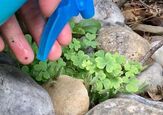









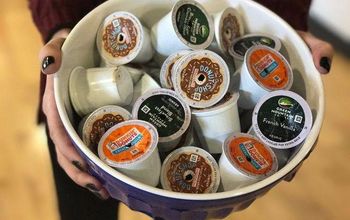




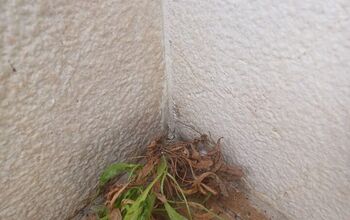


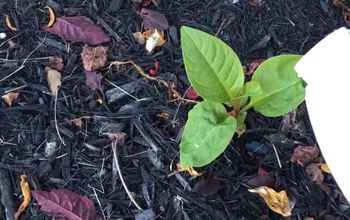
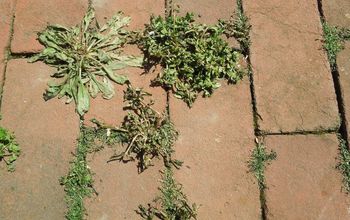

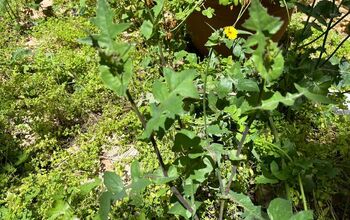
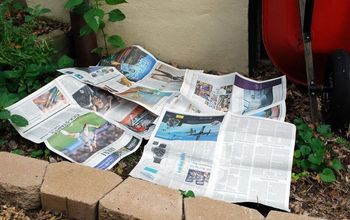
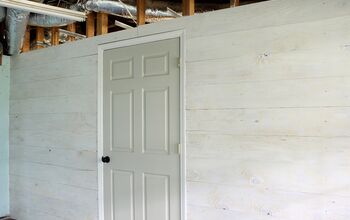
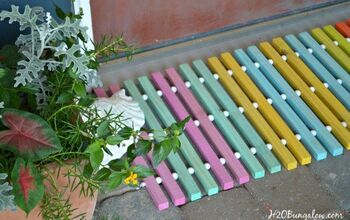


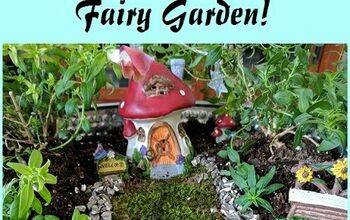

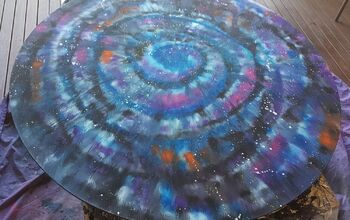
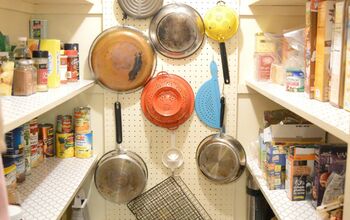


Frequently asked questions
Have a question about this project?
How to make a cute enclosed closet in a garage without using wood?
Can you use it on weeds in the yard also/ Thanks
So, does this method get rid of the weeds for good? Or is it something to keep reapplying once they come back?